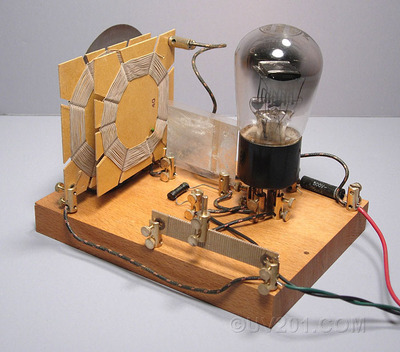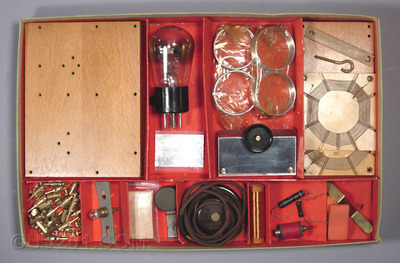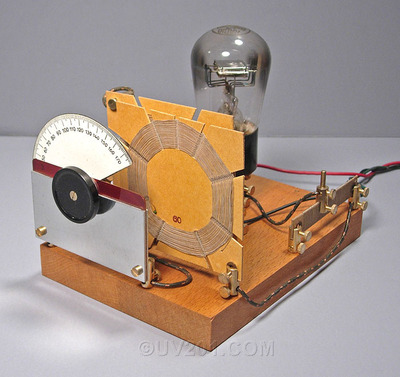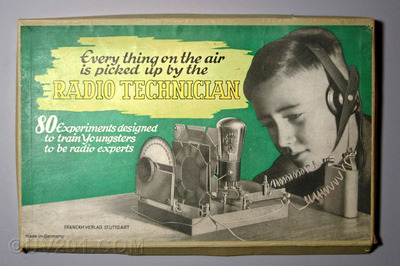Hi! If free time is no problem, I really recommend spending some time with electronics construction kits. Or just their manuals.
They usually explain the use of ohm meters/volt meters or nowadays multimeters in their manuals and how things like transistors, caps do work.
Also useful are books about building radios.
The radio tinkerer hobby started it all, depending on how we see it.
Back in the early 20th century, kids to oldtimers started building crystal radios etc.
The things learned do not only consist of DC electronics but also high frequency.
That's one stumbling stone even Intel engineers failed at.
At one point, the myth says, they had electrical issues with their PCB design, but for a while didn't realize what's wrong.
It turned out they drew traces on PCB in a way that wasn't appropriate in the application (90°, caused reflection?).
If they had had any education in radio technology, the issue never had happened in first place perhaps.
Edit: Here's an example of such a historical/traditional kit.
It not has to be this one in particular, though.
Kits like this were made up until the 1990s.
After that, things dumped down - the modular "kits" with plastic modules are no match.
It's like learning to write. A typewriter doesn't help, you need handwriting to really aquire skills.
Oh and by the way - I think electron tubes provide a more natural idea/concept of how
electronics work than transistors (bipolar types).
It's a bit like BASIC vs C/Pascal.
If you learned BASIC (transistors) first, it's hard to get used to "proper" programming styles. 😉
"Time, it seems, doesn't flow. For some it's fast, for some it's slow.
In what to one race is no time at all, another race can rise and fall..." - The Minstrel
//My video channel//



